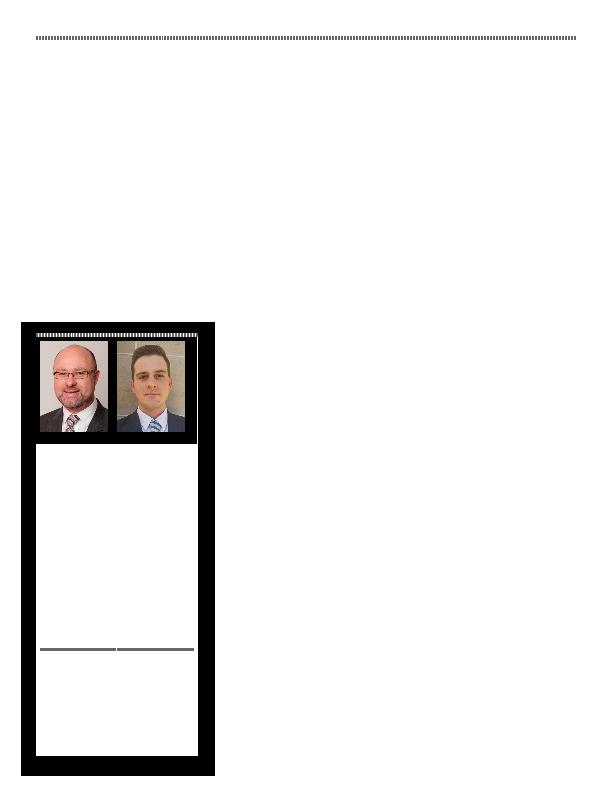
Foreign Judgments in Australia
judgments by domestic courts is well
established in many countries and
allows for judgment creditors to seek
enforcement and recovery against
overseas assets of judgment debtors.
However to what extent should civil
judgments made by courts in countries who
rank poorly in terms of bribery, corruption
the same as the judgments of domestic
courts in countries who rank highly on
these measures without further inquiry or
examination by the domestic court?
Australian courts are mandated to register
and allow the enforcement of monetary
judgments of foreign courts listed in the
Foreign Judgments Regulations 1992
(FJR) pursuant to the Foreign Judgments
Act (FJA). Notably, countries whose
courts are listed under the FJR and whose
judgments are recognized under the
stream-lined procedure include Malawi,
Fiji, Papua New Guinea and Samoa.
Some listed countries rank poorly
by leading bodies in terms of judicial
independence and corruption.
to an Australian Court to set aside the
registration of a foreign judgment from
a listed country's courts on the basis of
fraud and public policy, the existence of
systemic corruption, without case-specific
evidence of actual fraud or corrupt
conduct, has been held to be insufficient
to establish these grounds. This is the
current and long standing state of the law.
While rating tables can only ever
be a general guide and are open to
criticism around research methodology
etc, it has to be noted that the United
States and Australia rate 86 percent and
96 percent respectively for control of
corruption by Transparency International,
whereas Dominica, Malawi, Samoa,
Fiji and Papua New Guinea are rated
74 percent, 42 percent, 62 percent and
whether a listed country ranks poorly for
corruption or the state of its judiciary,
Australian courts will prima facie accept
registration of judgments made by listed
courts. Peculiarly, countries such as the
United States, China and Thailand are not
included in the FJR list and judgments
must be enforced under common law.
For the purpose of demonstrating an
application of the FJA to readers we have
prepared a purely fictional case summary
which has been drawn from a montage of
circumstances in different cases known
to the writer or in the writer's direct case
experience.
moves to a country which ranks low on
the Transparency International index
(Country A) to take up a contracting
role with a locally based company.
Ben through his contracting entity,
leads the accounts department and is
responsible for the company's payroll,
and also for procurement. After two
years, the company discovers there
are discrepancies in the accounts.
The company decides to commence
proceedings against Ben in the courts
of Country A without any conclusive
evidence that Ben was at fault, and with
evidence that is unlikely to give rise to a
successful judgment in Australia's courts.
The plaintiff company brings the
proceedings in part at least to appease
shareholders with substantial links to
government and the police in Country
A, who are under political pressure
to be seen to be "clamping down" on
foreign companies. In the early stages of
government division of HHG Legal Group. Since
2003, he has developed and led HHG's success
in construction law, insolvency, employment,
trusts and estate litigation and corporate/
commercial dispute resolution, including in
relation to cross border disputes. He has a
particular interest in private international law
and jurisdiction disputes.
Legal Group. He has worked with the firm since
2014 and has recently graduated from the
University of Western Australia with degrees in
Law and Economics.
Level 1
16 Parliament Place
West Perth, Australia 6005
+61.8.9322.2727 Fax
murray.thornhill@hhg.com.au
jordan.hurley@hhg.com.au